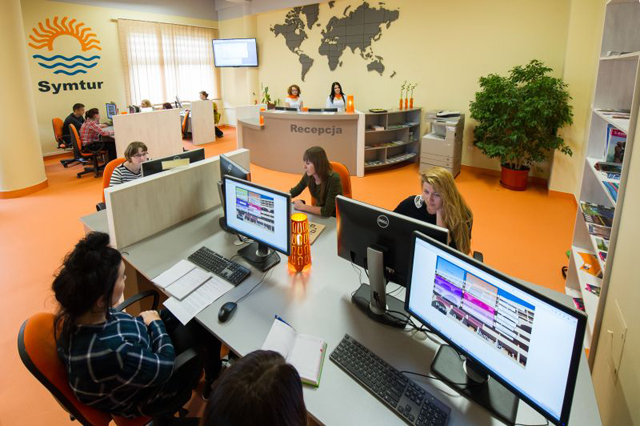
Department of Economics
Characteristics Of The Field Of Study
Course description/educational objectives and outcomes
Finance and Accounting is one of the most prestigious economics-focused courses of study, opening the door to a career in the finance and banking industry.
The studies provide an opportunity to acquire comprehensive knowledge and practical skills in the field of finance and accounting of enterprises and insurance and financial institutions.
The educational concept, including the learning outcomes and the timetable for implementing the curriculum, have been designed to meet the expectations of future employers.
The graduates of first-cycle studies in finance and accounting obtain a professional bachelor’s degree. The students acquire thorough knowledge of the theoretical foundations of economic sciences (micro and macroeconomics, accounting, banking), as well as they acquire the skills to apply this knowledge in practice. This applies, in particular, to the collection and presentation of empirical data – also with the use of mathematical tools (statistics, econometrics, economic forecasting), conducting economic analysis of enterprises (corporate finance, controlling), operating ERP accounting systems (Financial Accounting Laboratory, Tax Records in the ERP system, HR and Payroll Records in the ERP system), as well as the use of soft skills (basics of communication, business negotiations) in professional work. Foreign languages courses (at B2 level of CEFR) provide the students with the qualifications necessary for establishing contacts within the professional and international environment.
The educational process is focused on the professional development of students, with particular emphasis on acquiring practical skills. It aims to develop students’ activity and stimulates their comprehensive development. The studies contribute to creating an atmosphere of cooperation, responsibility for the results of actions and acquiring teamwork skills. The layout of educational process enables the achievement of all learning outcomes within the framework of core and specialised classes. A wide range of elective classes provides opportunities for individual development for each student. Upon completion of the first-cycle studies, the graduates may continue education at the second-cycle studies.
The students acquire extensive knowledge and skills, including accounting in enterprises, financial projection and analysis, preparation of financial reports, management accounting, controlling, corporate finance, public finance, the tax system, the principles of the banking system operation, economic and social insurance, the operation of financial markets, accounting consultancy, asset valuation, and methods of valuing business projects.
The graduates can be employed in enterprises, public and non-governmental organisations and institutions, mainly in operational positions in Poland and abroad. They also have the necessary knowledge and skills to run a business independently and be able to move freely in the European socio-economic space.

The six semester Bachelor's studies in Administration are conducted on a full-time and part-time basis. Students can choose from the following specializations: Internal ...

A five-year degree program in law will provide legal education at the master’s level. Graduates gain the knowledge to move efficiently within the structures of the state and develop the skills to interpret legal texts using doctrine and case law. The knowledge also prepares for a career in law. The study programme combines general and theoretical content with specialization content to equip graduates with practical skills, preparing students not only for law applications and work in the legal profession, but also to be active in companies as in-house lawyers, as well as running their own business. The graduates obtains the professional title of Master of Law, which entitles them to take examinations for legal applications. In addition, the graduate is prepared to continue his education in postgraduate studies and to take up education in third-degree (doctoral) studies.

The Economics degree is offered in both modes – full time and part time. Students can study on two specialties: Economics of Tourism and Hotel Management - students gain knowledge ...

Finance and Accounting is one of the most prestigious economics-focused courses of study, opening the door to a career in the finance and banking industry. The studies provide an opportunity to acquire comprehensive knowledge and practical skills in the field of finance and accounting of enterprises and insurance and financial institutions. The educational concept, including the learning outcomes and the timetable for implementing the curriculum, have been designed to meet the expectations of future employers.

The Social Work degree is offered full time and part time. Social Work is an interdisciplinary field of study that derives from other disciplines connected with social sciences ...

